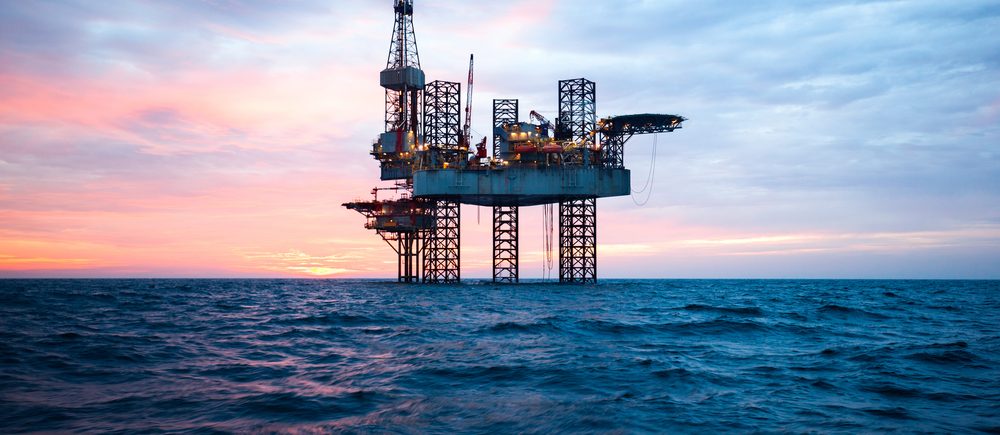Europe’s unified approach to energy dates back to a long time before the Russian invasion of Ukraine, nevertheless the impacted countries that are directly or indirectly under energy shortages could be obliged to watch gas flow past.
German cities are a little different this summer. Visitors to the local swimming pools in the northwestern city of Hanover have to take cold showers after their dip. A trip to Berlin will look a little less wow-worthy as the city switches off lights that illuminate 200 of its major tourist landmarks at night.
In late June, the German economics and climate ministry declared a major gas alert. “The situation is tense and a further worsening of the situation cannot be ruled out,” they said in a statement.
Nord Stream 1, a major pipeline delivering gas into Germany and on to the rest of Europe, is due to undergo unexpected maintenance at the end of August. Skeptics say the decision, taken by Russia, which sits at one end of the massive pipeline, is a deliberate decision designed to tighten the screws on Europe for its support of Ukraine as the country repels a Russian invasion.
There is uncertainty about whether flows going through Nord Stream 1 will resume on September 2, as they’re meant to. Russia has already said it intends to supply gas at only 20 percent of the pipeline’s total capacity when it goes back online. European countries have said they intend to cut gas consumption by 15 percent this winter.
Yet at the same time as Germany rations its energy use ahead of a tricky winter, it continues to let gas flow through the country to others elsewhere in Europe. It is the same when it comes to electricity: Power prices have hit record highs in Germany this week, but it is supplying electricity to France, where supply is even more constrained, rather than keeping it for itself.
It’s the result of a Europe-wide initiative, first triggered in 1996 and strengthened in 2003 and 2009, that was designed to ensure better competition, destroy energy monopolies, and ensure security of supply. But failures to fully implement the so-called liberalization of the market may be coming back to bite the continent.
The liberalization of the market was meant to ensure that everyone in Europe could rely on an abundant, continuous supply of energy without any issues. Countries were stronger together when agreeing on terms with large fossil fuel producers, and contracts were drawn at prices set by new trading hubs established to cover the European market.
However, the security of supply was almost a secondary goal compared to the eagerness to drive a fair, low price for supplies.

Oil and Gas
 Noor Trends News, Technical Analysis, Educational Tools and Recommendations
Noor Trends News, Technical Analysis, Educational Tools and Recommendations




